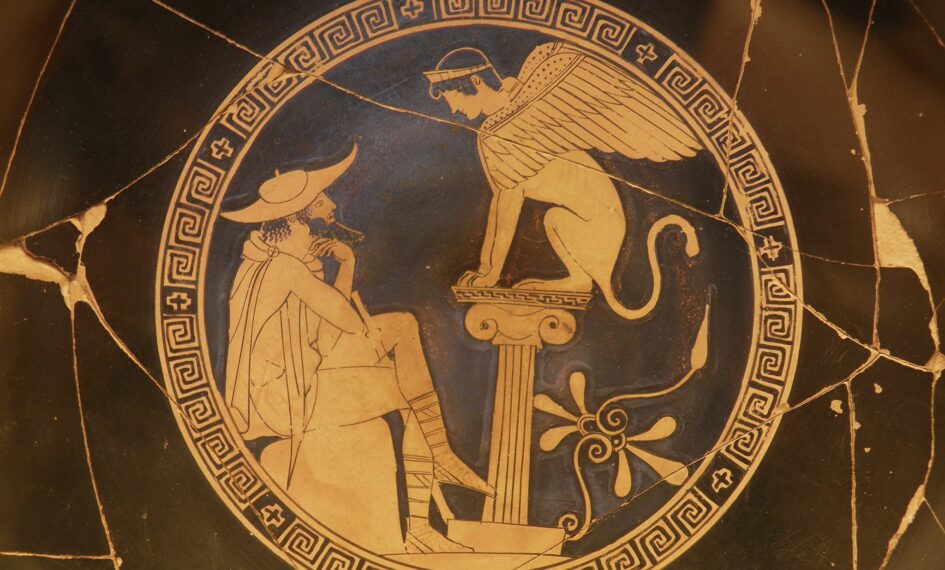The word “tragedy” comes from the Ancient Greek word “τραγῳδία” (tragōidia), which combines “τράγος” (tragos), meaning “goat,” and “ῳδή” (ōdē), meaning “song.”
Tragedy was one of the three primary forms of drama: tragedy, comedy, and satyr play.
The exact origins of the word are not entirely clear, but one theory is that it comes from the practice of Greek tragedies featuring a chorus of satyrs, which were mythological creatures often depicted as half-goat and half-human. Another theory is that the word refers to the goat as a sacrificial animal, as tragedy often involved the death of a protagonist.
In ancient Greek culture, tragedy referred to a type of play that typically focused on serious and dramatic themes, often involving the downfall of a heroic character due to some fatal flaw or circumstance beyond their control. Over time, the meaning of the word expanded to refer to any serious or disastrous event, whether in fiction or real life. Today, “tragedy” is commonly used to describe any event or situation marked by great suffering, loss, or sadness.




4 comments